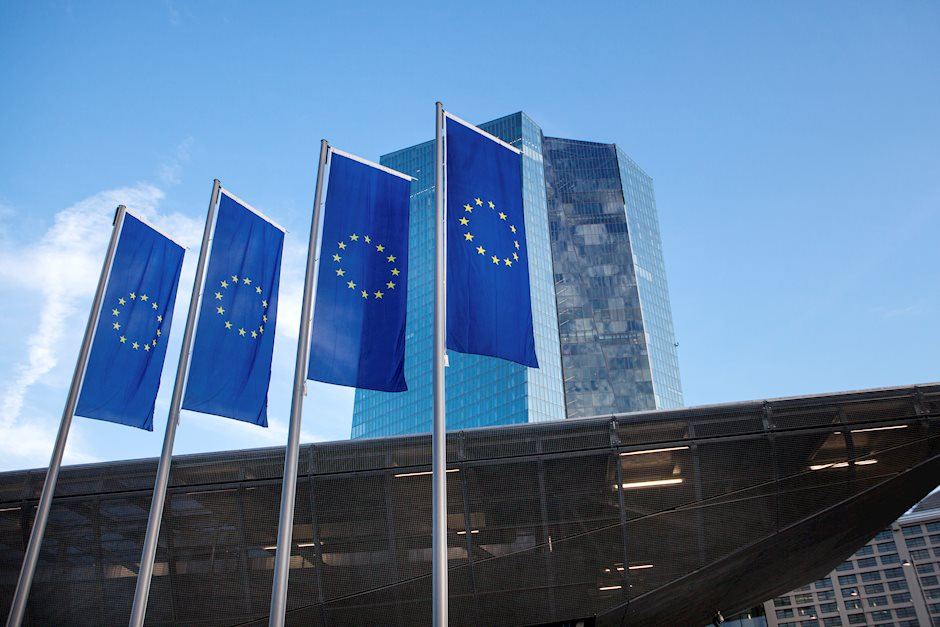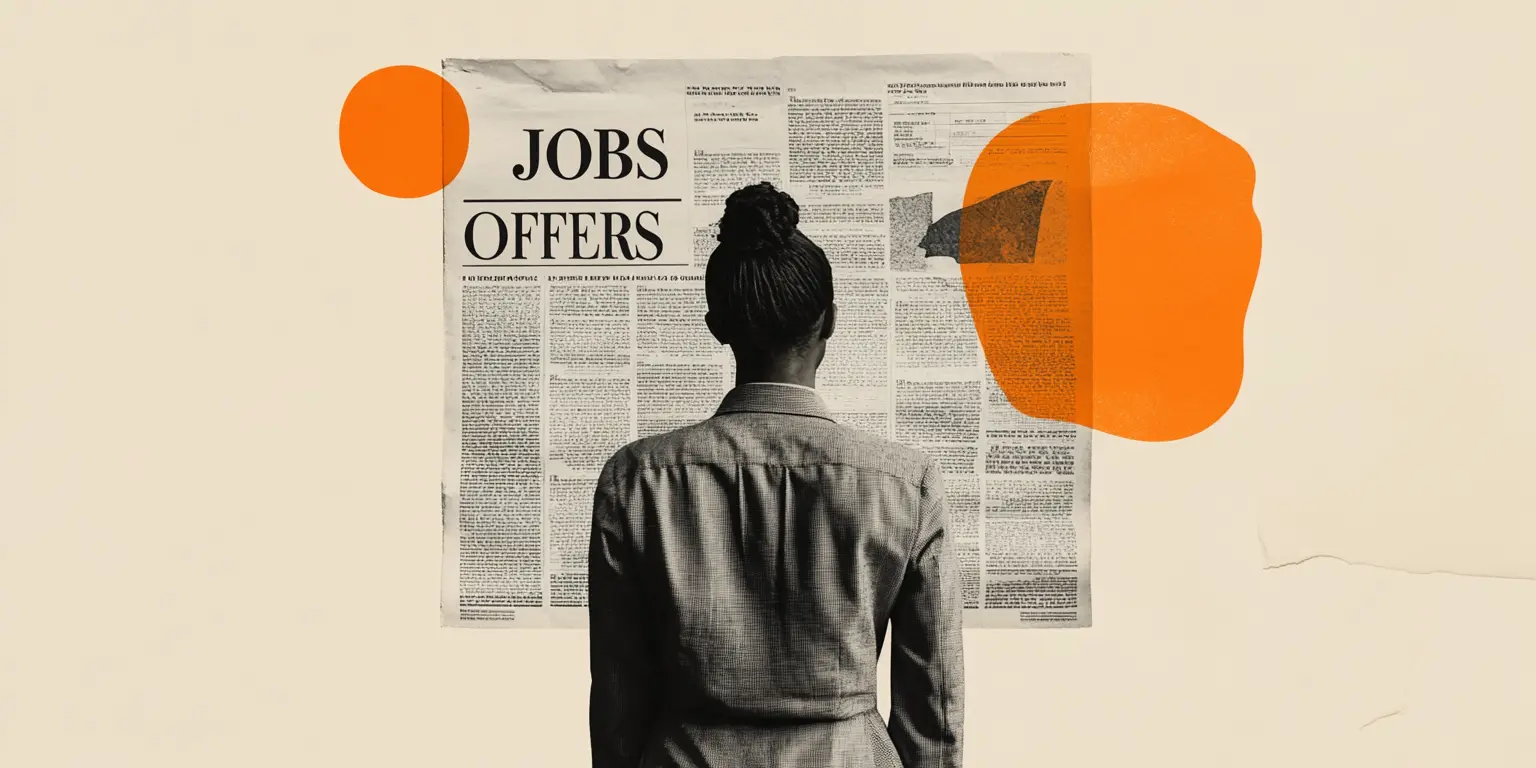ECB Preview: Draghi's defense of his legacy may drag EUR/USD down
- ECB President Draghi is set to defend his legacy in his last rate decision.
- The bank is unlikely to make policy changes at this juncture.
- EUR/USD may struggle if Draghi expresses pessimism.

"The ECB is ready to do whatever it takes to preserve the euro." These famous words by Mario Draghi, President of the European Central Bank, are the centerpiece of his legacy. According to most analysts, Draghi single-handedly saved the common currency from a demise in the face of its severe debt crisis.
While that critical speech is undoubtedly the peak of Draghi's legacy, he spoke out these words in 2012 and markets are concerned about what happens in 2019 and 2020, under incoming President Christine Lagarde.
Previous decision still debated
Before the curtain draws on Draghi's turbulent eight-year tenure, he will preside over his last rate decision at the helm amid growing criticism. He is widely expected to leave all policies unchanged at this juncture, but his previous decisions continue echoing.
In his penultimate decision, the Italian banker pushed through significant easing – to the chagrin of the hawks not only from northern countries – but also from France.
Critics said that the 10 basis-point rate cut to -0.50% will further hurt savers. Moreover, the decision to restart the bond-buying scheme – at €20 billion per month from November – has received criticism even from French central bankers. Germany and other northern countries have upped their rhetoric and made it public. Former ECB bigwigs such as Otmar Issing have also spoken out, saying such aggressive easing is not necessary, and the situation is not that desperate.
Defending stimulus and downing the euro?
In the upcoming meeting, Draghi will likely defend the decision and hit back at the critics. Apart from shaping his legacy, the outgoing president may explain the need for additional stimulus – stressing concerns for the euro area.
Germany is on the verge of a recession. Politicians in the continent's largest economy have moved from playing down the mere chance of a downturn to denying a "deep recession." Markit's forward-looking Purchasing Manager's Indexes, due shortly before the ECB decision, are set to show the slowdown continues. The US-Sino trade war and to a lesser extent, Brexit uncertainty, are part of the reasons that the euro-zone is cooling as well.
By painting a gloomy picture, Draghi may drag the euro down.
Moreover, the battle is for the future, under Lagarde. The former Managing Director of the International Monetary Fund (IMF) has been supportive of the bank's easing policies, but will also face opposition from the hawks. By making a compelling dovish case, Draghi may embolden the doves and also shape the beginning of Lagarde's term.
Other scenarios
Draghi may opt for a different way of defending his legacy – laying out his achievements. Apart from that famous speech in 2012, he may focus on the millions of jobs created thanks to the ECB's loose policy. Investors may understand that the situation has improved and perhaps no additional stimulus is needed. In that case, the euro may rise.
This scenario has a low probability given the recent weak data and the focus on the present – not the past.
As mentioned earlier, the ECB is unlikely to introduce new measures after the big announcements in September – and the absence of new staff projections published in this meeting. That leaves the stage for Draghi to repeat – and perhaps increase – his call for governments to do more.
With only a few days left in office, Draghi may feel free to reveal if he has received hints from governments that they are ready to introduce fiscal stimulus. In this highly unlikely case that he indeed heard something along these lines – and is willing to reveal it – the euro may jump. More government investment means less monetary stimulus is needed.
Conclusion
While the ECB is unlikely to change its policy, President Draghi's defense of his legacy may move the euro. In his last meeting, he may stress the recent weaknesses, defend recent stimulus, and weigh on the euro. Other scenarios such as expressing optimism or satisfaction from government action may boost the common currency – but are highly unlikely.
Author

Yohay Elam
FXStreet
Yohay is in Forex since 2008 when he founded Forex Crunch, a blog crafted in his free time that turned into a fully-fledged currency website later sold to Finixio.

















